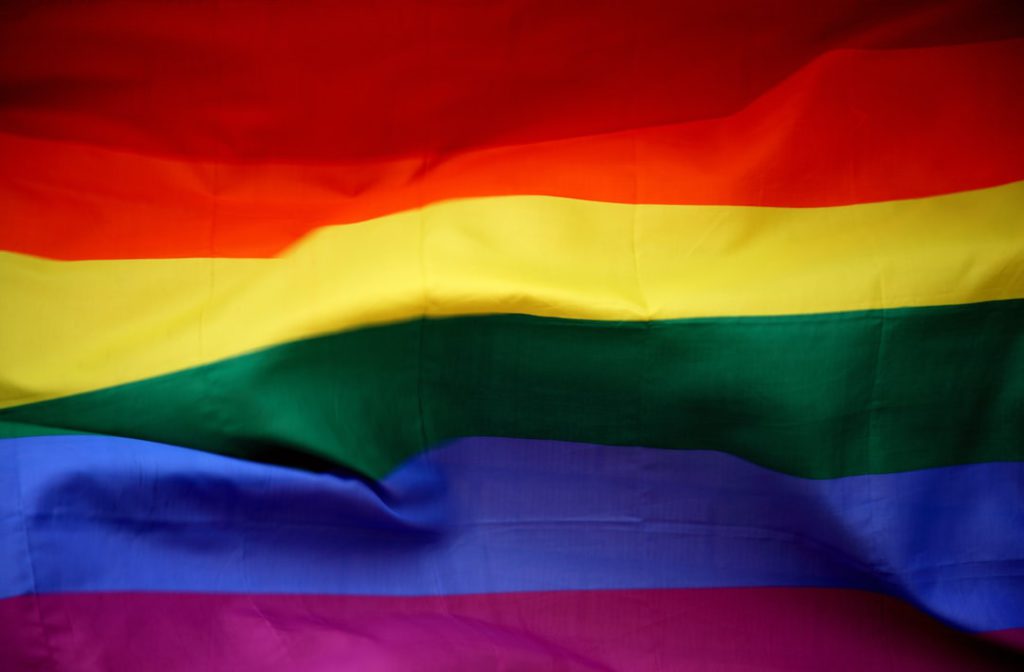Key Takeaways
Before diving into the topic of amab nonbinary, let’s quickly summarize the key takeaways:
- Amab nonbinary refers to individuals who were assigned male at birth but do not identify strictly as male or female.
- Understanding and respecting gender diversity is crucial for creating an inclusive society.
- Amab nonbinary individuals may use various pronouns, such as they/them or neopronouns, and it is important to use the correct pronouns to show respect.
- Supportive communities and resources play a vital role in the well-being and empowerment of amab nonbinary individuals.
- Education and awareness are key in challenging societal norms and promoting acceptance of all gender identities.
Introduction
Gender identity is a complex and multifaceted aspect of human existence. While society has traditionally recognized only two genders, male and female, it is essential to acknowledge and respect the existence of individuals who do not fit within this binary framework. One such group is amab nonbinary individuals.
Amab nonbinary stands for “assigned male at birth nonbinary.” It refers to individuals who were assigned male at birth but do not exclusively identify as male or female. Instead, they identify as a gender that falls outside of the traditional binary spectrum. This article aims to provide a comprehensive understanding of amab nonbinary individuals, their experiences, challenges, and the importance of inclusivity.
Understanding Amab Nonbinary
Amab nonbinary individuals often experience a disconnect between their assigned gender at birth and their internal sense of self. They may feel that the traditional categories of male and female do not adequately capture their identity. Instead, they may identify as genderqueer, genderfluid, agender, or any other nonbinary identity.
It is crucial to recognize that gender identity is deeply personal and varies from person to person. Amab nonbinary individuals may have different ways of expressing their gender identity, including their appearance, clothing choices, and pronouns. Some may choose to present themselves in a more masculine or feminine manner, while others may embrace a gender-neutral or androgynous style.
Challenges Faced by Amab Nonbinary Individuals
Amab nonbinary individuals often face unique challenges in a society that predominantly adheres to a binary understanding of gender. They may encounter misunderstanding, discrimination, and invalidation of their gender identity. This can lead to feelings of isolation, anxiety, and depression.
One of the significant challenges faced by amab nonbinary individuals is the misgendering and the use of incorrect pronouns. It is essential to respect and use the pronouns preferred by each individual. Some amab nonbinary individuals may use they/them pronouns, while others may prefer neopronouns such as ze/hir or xe/xem. Using the correct pronouns is a simple yet powerful way to show respect and support for their gender identity.
Another challenge is the lack of visibility and representation in mainstream media and society. Amab nonbinary individuals often struggle to find relatable role models or representation that reflects their experiences. This lack of representation can contribute to feelings of marginalization and invisibility.
Creating an Inclusive Society
Creating an inclusive society requires a collective effort to challenge and dismantle the binary understanding of gender. Education and awareness play a crucial role in promoting acceptance and understanding of amab nonbinary individuals.
It is essential to educate ourselves and others about the experiences and identities of amab nonbinary individuals. This includes learning about the different nonbinary identities, understanding the importance of using correct pronouns, and challenging societal norms and expectations surrounding gender.
Supportive communities and resources are also vital for the well-being and empowerment of amab nonbinary individuals. Online platforms, support groups, and LGBTQ+ organizations can provide a sense of belonging and validation. These spaces allow individuals to connect with others who share similar experiences and challenges.
Conclusion
Amab nonbinary individuals play a significant role in challenging and expanding our understanding of gender. Their experiences highlight the importance of recognizing and respecting the diversity of gender identities.
By educating ourselves, using correct pronouns, and creating inclusive spaces, we can contribute to a more accepting and supportive society. It is crucial to celebrate and uplift the voices of amab nonbinary individuals, ensuring that their experiences are acknowledged and valued.
Remember, gender is not limited to a binary framework, and embracing the diversity of gender identities enriches our understanding of humanity as a whole.









